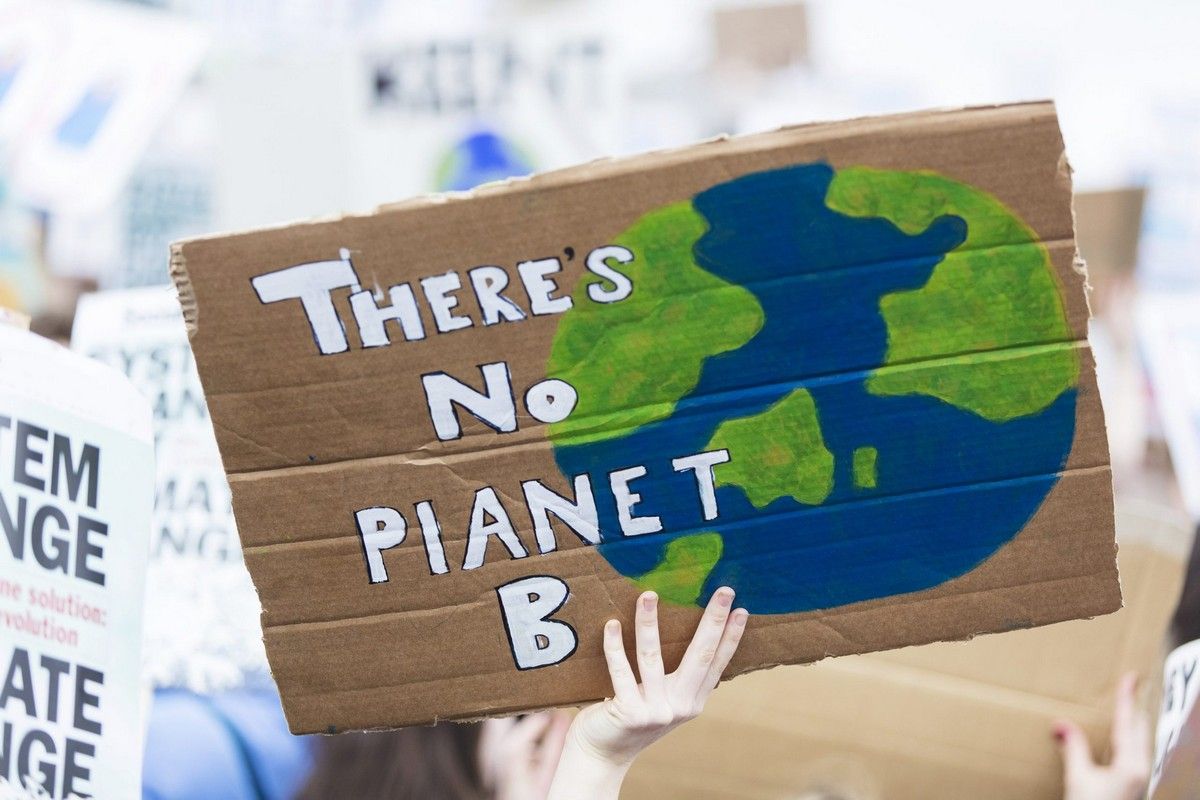Climate Change and Mental Health: A Call to Action for Mental Health Professionals
How the Climate Crisis Impacts Mental and Emotional Health

Climate change is no longer just an environmental issue; it has become a crisis that profoundly affects every aspect of our lives. As global temperatures rise, so do the negative and complex effects on human living conditions and health. In this narrative review, we delve into the intricate relationship between climate change and mental health, exploring the consequences, particularly for vulnerable groups, and discussing the role mental health professionals can play in addressing this pressing issue.
Climate Change and Mental Health
Climate change encompasses more than just rising temperatures; it encompasses the permanent disruption of weather patterns, leading to increased floods, droughts, wildfires, storms, heat waves, and rising sea levels. These extreme weather events have extensive environmental, social, agricultural, and economic consequences, ultimately impacting our health and well-being.
While much attention has been focused on the physical health implications of climate change, it is essential to recognize its profound effects on mental health as well. Climate change acts as a stressor, causing anxiety, depression, and emotional distress. Here's how:
- Stress and Anxiety: The uncertainty and fear associated with extreme weather events, loss of homes, and displacement can lead to chronic stress and heightened anxiety levels.
- Depression: Post-disaster environments, marked by loss and destruction, often contribute to feelings of hopelessness and depression.
- Anger and Violence: The frustration stemming from the perceived inadequacy of responses to climate change can manifest as anger, which sometimes escalates into violent behavior.
Disproportionate Impact on Vulnerable Communities
It's crucial to acknowledge that the negative mental health effects of climate change disproportionately affect disadvantaged communities. Communities already burdened by historic and current social, economic, and political oppression face the brunt of climate change's consequences. These populations often lack the resources and support to cope with the mental health challenges posed by climate change.
What Can Mental Health Professionals Do?
Mental health professionals play a unique and pivotal role in addressing the mental health aspects of climate change. Here are some actions they can take:
- Become Climate-Literate Practitioners: Mental health professionals should educate themselves about the mental health impacts of climate change. Understanding the psychological effects of environmental disruptions can better equip them to support their clients.
- Engage Other Mental Health Professionals: Collaborative efforts are key to addressing climate-induced mental health issues. Mental health organizations can work together to raise awareness and share best practices for supporting individuals and communities affected by climate change.
- Be Vocal Leaders Within Communities: Mental health practitioners can use their expertise to educate their communities and advocate for climate action. They can engage with policymakers to ensure that climate change is considered a mental health priority in public health policies.
- Provide Support: Offer counseling and support services to those affected by climate change, especially vulnerable groups like children, adolescents, and the mentally ill.
Conclusion
The intersection of climate change and mental health is an urgent concern that cannot be ignored. As global warming progresses, we can expect an increase in the incidence and prevalence of mental illness. Mental health professionals have a vital role to play in mitigating these effects, advocating for climate action, and providing support to those in need. By becoming climate-literate practitioners and vocal leaders within their communities, mental health professionals can contribute to a healthier, more resilient society in the face of the climate crisis.
Ready to take the next step toward healing with Sandia Therapy and Wellness Center?
Click below to make an appointment with one of our therapists in Albuquerque, NM.


